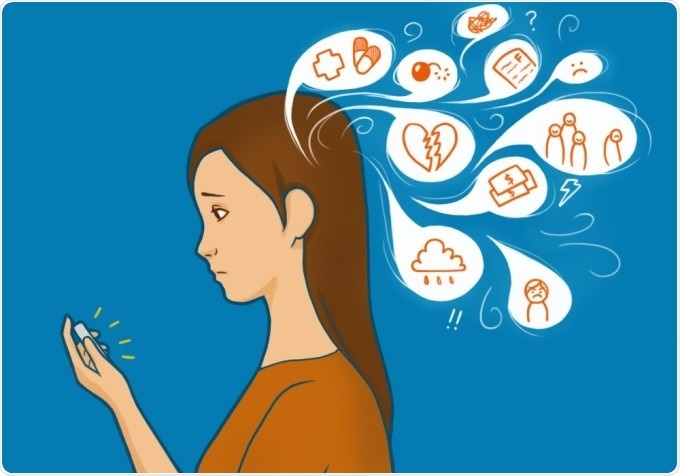May 10 2017
Australia is a leader in digital mental health technologies; this week experts will gather at the University of Sydney to forge a path for unbiased, safe and quality mental health apps.

‘Finding peace of mind: Ensuring integrity and countering bias in mental health apps’ is the topic of this year’s Bias and Research Integrity Node Symposium, to be hosted by the University’s Charles Perkins Centre on Tuesday 9 May.
Bringing together mental health clinicians, policy experts, researchers working in digital health and consumer advocates, the symposium will discuss what happens when hype outpaces the evidence and whether innovation always leads to improved health.
Project node leader Professor Lisa Bero, from the University’s Charles Perkins Centre and Faculty of Pharmacy explained:
Apps tend to be highly commercialised, yet biases resulting from app sponsorship or promotion are an area that has remained relatively unexplored.
The symposium serves as the launch of a project funded by the Australian Communications Consumer Action Network (ACCAN), the peak body for consumer representation in the telecommunications industry. Led by Dr Quinn Grundy, this project analysed prominent mental health apps available to Australian consumers and the existing laws and policies that regulate them.
“There is a great deal of optimism surrounding mental health apps and their potential to deliver tailored, accessible, cost-effective mental health services,” Dr Grundy, a postdoctoral research fellow in the Faculty of Pharmacy based at the Charles Perkins Centre, said.
“However, less attention has been given to possible harms to consumers that could be related to health, privacy, finances and society as a whole.
“Mental health apps routinely failed to make privacy assurances, but still collected consumers’ personal information,” Dr Grundy added.
“Developers often claimed that consumers could easily and rapidly improve their mental health by using the apps. However, these same apps frequently made disclaimers that the app’s advice should not be followed.
“It is difficult for consumers to identify safe and quality mental health apps, yet governments are doing little to regulate this market.”
At the symposium, experts will discuss solutions to ensure the integrity of mental health apps and counter commercial biases.
Speakers include Professor Annemarie Jutel, from the Victoria University of Wellington; Professor Helen Christensen, Director and Chief Scientist, Black Dog Institute; and Professor Jon Jureidini, the Director of the University of Adelaide’s Critical and Ethical Mental Health Research Unit.
The conference is open to the public.
Source: http://sydney.edu.au/news-opinion/news/2017/05/08/consumers-cautioned-over-mental-health-apps.html